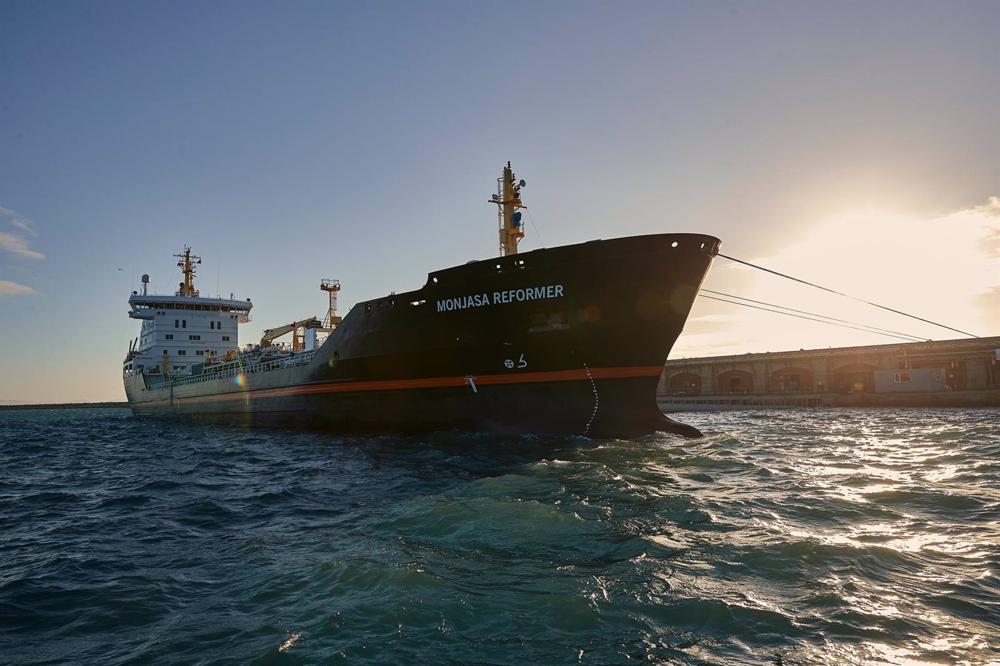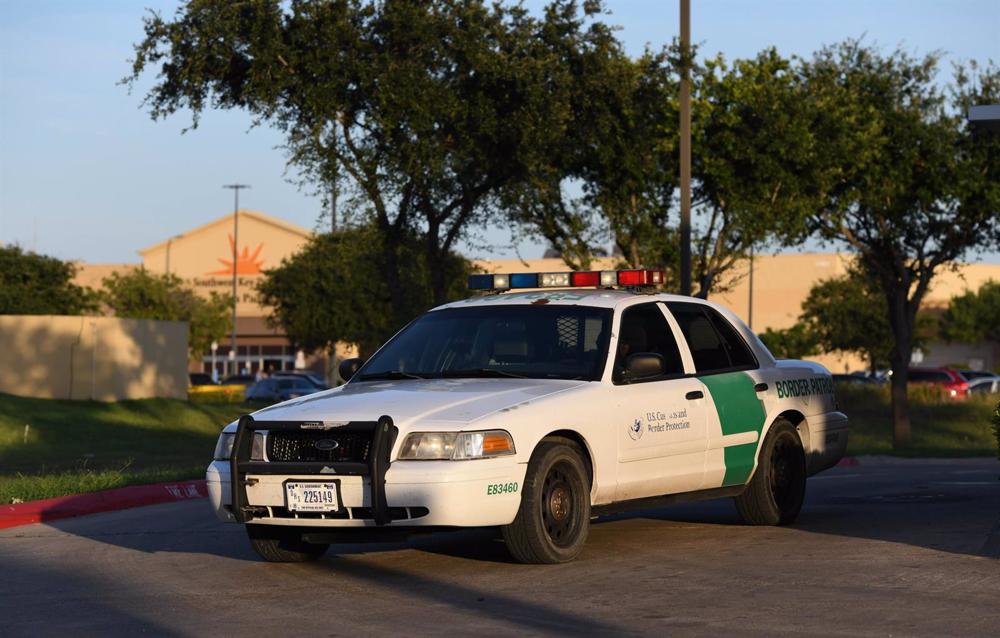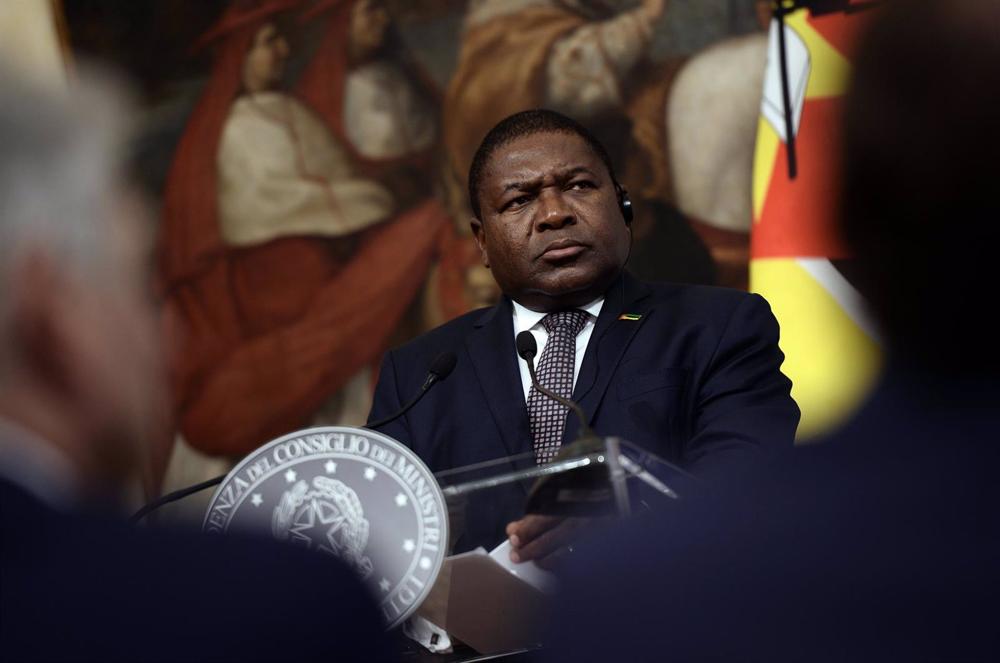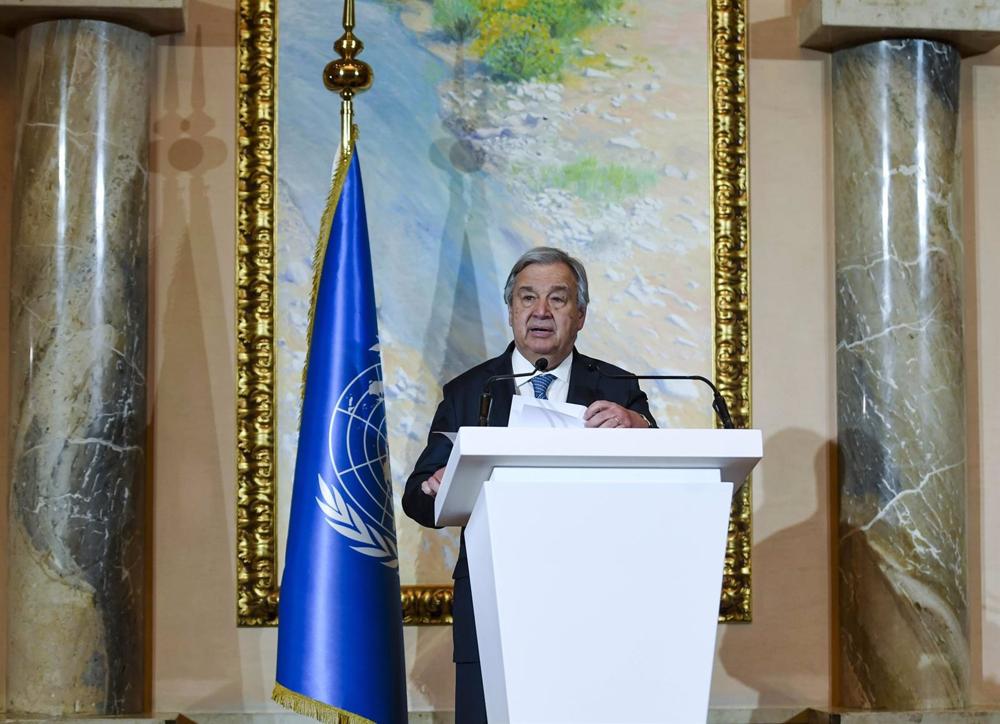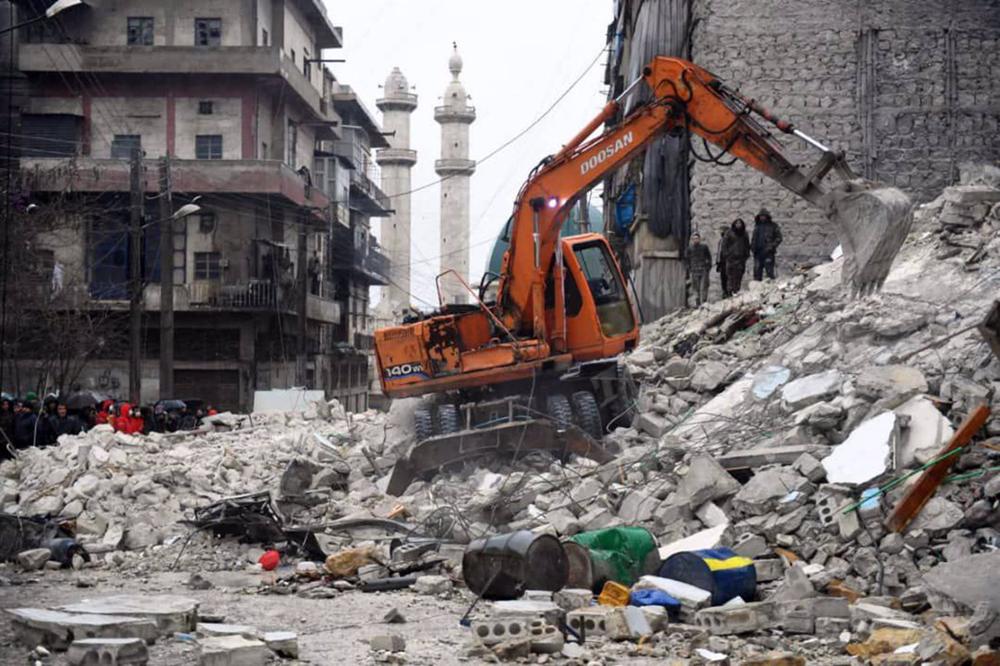
The death toll from Monday’s earthquakes in southern Turkey, near the Syrian border, has risen to more than 5,000, according to the latest official figures, which include about 3,500 dead on Turkish territory.
Turkey’s Vice President Fuad Oktay said early Tuesday that 3,419 people have been confirmed dead so far, while more than 20,500 have been injured by the earthquakes, as reported by the Turkish state news agency Anatolia.
The Disaster and Emergency Management Authority (AFAD) estimates that more than 6,200 buildings have been completely destroyed, mainly as a result of the 7.4 earthquake that struck early in the morning and a subsequent midday quake that reached magnitude 7.6 on the Richter scale.
Turkish President Recep Tayyip Erdogan called the event «the biggest disaster since the 1939 earthquake,» which left more than 30,000 dead. Authorities estimate that more than a hundred aftershocks of the first major quake have been recorded.
On the other hand, the earthquake has left 812 dead and 1,449 injured in the areas of Syria controlled by the authorities, according to data from the Syrian Ministry of Health collected by the Syrian state news agency, SANA. These data correspond to the provinces of Aleppo, Hama, Latakia, Tartus and Idlib areas in the hands of government forces.
«The alert continues in all public and private health facilities, and all health cadres are working at maximum capacity, and the ongoing response is being coordinated in the various governorates,» reads a statement from the Syrian health portfolio on its Facebook profile.
To the Syrian government figures must be added 790 dead and more than 2,200 wounded in rebel-held areas in the provinces of Idlib and Aleppo (northwest), the Syrian Civil Defense, known as the ‘white helmets’, said via its Twitter account, where it lamented «the catastrophe and devastation» caused by the earthquake.
The ‘white helmets’ have highlighted that «search and rescue efforts continue 29 hours after the earthquake in northwestern Syria, amid harsh conditions.» «The death toll is expected to rise dramatically, as hundreds of people are still trapped in the rubble,» it warned.
For this reason, they have appealed to «all humanitarian organizations and international agencies to provide material and assistance support to the organizations» in order to «respond to this disaster and urgently help the victims of the earthquake». Thus, they have detailed that about 210 buildings «have collapsed completely» because of the earthquake, while more than 440 have been «partially destroyed» and that «thousands more have suffered damage».
SYRIA ASKS THE INTERNATIONAL COMMUNITY FOR HELP Syria’s permanent representative to the United Nations, Bassam Sabbagh, has described to UN Secretary General António Guterres the Syrian efforts regarding the devastating earthquake, as reported by the Sana news agency.
In the letter, Sabbagh has asked member states and partners of the international body to «extend a hand of solidarity to support the Syrian government’s efforts to cope with the humanitarian disaster, especially in terms of the search for survivors and the rescue of those trapped under the rubble.»
The Syrian diplomat reaffirmed the country’s position to coordinate with the United Nations to provide humanitarian aid to all those in need throughout the country, stressing that Syria «is ready to provide assistance» by cooperating «with those who wish to provide aid to Syrians».
On the other hand, the first planes with humanitarian aid for those affected by the earthquake have arrived on Syrian territory. Two Iraqi-flagged planes have landed at Damascus International Airport. The Iraqi Foreign Ministry, which has explained that «what happened to Syria» affected «everyone», has specified that each aircraft has 70 tons of food, medicines and blankets.
Iran has also sent to Damascus a plane with humanitarian aid for the victims of the earthquakes. Iran’s ambassador in Damascus, Mahdi Sobani, expressed his condolences to Syria and stressed that the plane is carrying 45 tons of food, blankets, tents, medicines, medical supplies and other materials in what he described as «the first package» of aid from Tehran.
Source: (EUROPA PRESS)
